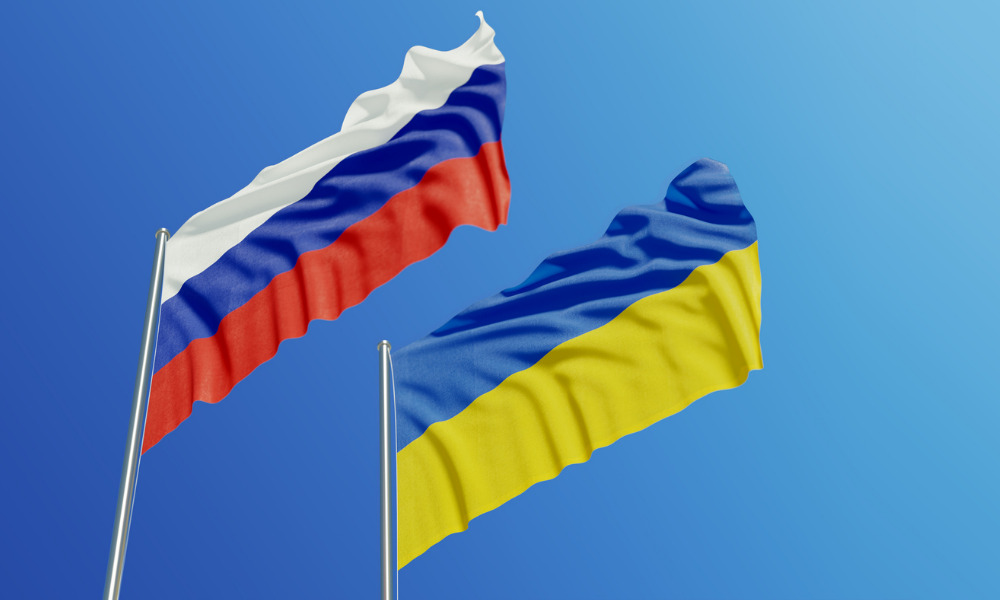
Canada will be the first G7 country to forfeit and distribute frozen assets under sanctions

The federal government's recent budget includes several modifications to Canada's economic sanctions regime through the Budget Implementation Act, including the Special Economic Measures Act (SEMA) and the Justice for Victims of Corrupt Foreign Officials Act (the Magnitsky Act).
The proposed changes come after a joint statement from foreign ministers in several countries, including Canada pledging their commitment to find, restrain, freeze, seize and confiscate or forfeit assets of individuals and entities sanctioned in connection with Russia's invasions of Ukraine to bar them from accessing their resources and wealth abroad.
The key amendments in SEMA and the Magnitsky Act include a broader definition for "property," which now comprises money, funds, and digital assets and the government's power to not only seize foreign investments but also allow for the forfeiture of these assets, to be redistributed as compensation to victims, restore international peace and security or to help in rebuilding a foreign state from war.
The amendments make Canada the first G7 country to forfeit and distribute frozen assets under sanctions.
The budget also outlines requirements for banks to provide lists of foreign assets frozen by Canadian government sanctions so that the government has an inventory of seized assets.
The proposed amendments include a new section 5.4(1) of the SEMA that provides a framework for the forfeiture of assets of designated parties.
Section 5.4(1) states that upon the minister's application, a judge shall demand that the property in question be forfeited if determined, based on evidence that the property is described in an order made under paragraph 4(1)(b) and is owned or is controlled, directly or indirectly, by the person in the order.
The proposed amendment of SEMA empowers the government to pay out the net proceeds from the disposition of the forfeited property under section 5.4 to reconstruct a foreign state affected by a grave breach of international peace and security; restore international peace and security and compensate victims of human rights violations.
The government will also amend the Magnitsky Act to allow for the forfeiture of assets and victims' compensation. Much like the proposed amendment to SEMA's s. 5.4(1), the bill provides that the Magnitsky Act will have the same provision allowing for the forfeiture of property.
The Magnitsky Act will also include a payment of proceeds section but strictly focuses on compensating victims if a foreign national is responsible for, or complicit in, extrajudicial killings or other internationally recognized human rights.
The government has yet to reveal how it would implement the SEMA and Magnitsky Act amendments. The bill does not reflect how victims, whether individuals, organizations or a foreign state, can be compensated or benefit from any proceeds of any forfeited property.
It remains unclear whether Ottawa will provide Global Affairs and the RCMP with increased resources to manage and enforce existing sanctions and new forfeiture powers.
According to Bennett Jones LLP, considerations being raised about the proposed measures include whether forfeiting and paying out assets undermines the leverage to change behaviour that comes from the possibility of assets being unfrozen in the future, and whether compelling the production of information without a warrant raises concerns about unreasonable search and seizure.
Canada has also authorized the Minister of Finance to provide up to a CA$1 billion to Ukraine to stabilize its economy through March 31, 2026, in addition to military assistance and other assistance.